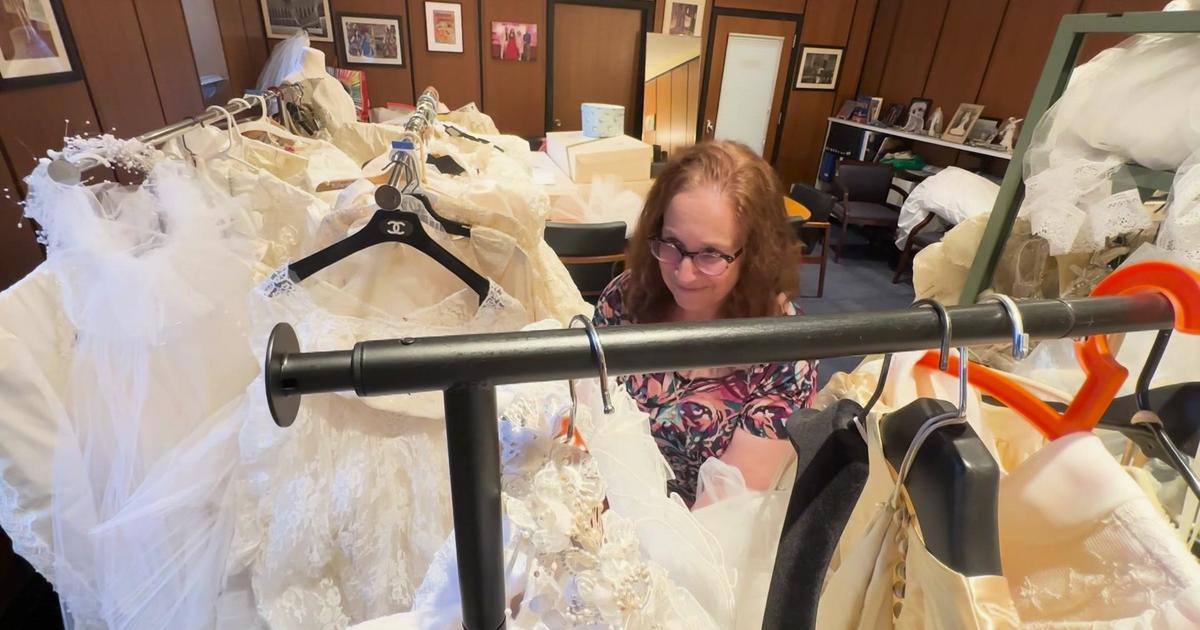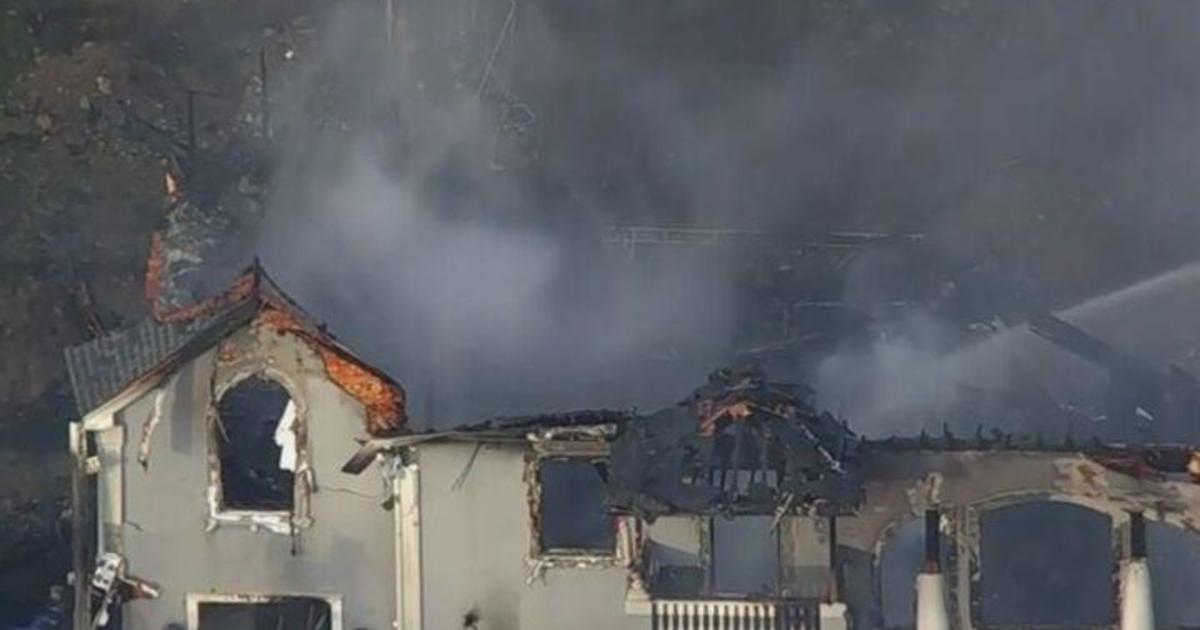NJ TRANSIT Will No Longer Allow Engineers Who Exhibit Symptoms Of Sleep Apnea To Operate Trains
HOBOKEN, N.J. (CBSNewYork/AP) -- NJ TRANSIT announced Monday that it is no longer allowing its engineers who exhibit symptoms of sleep apnea to operate trains pending diagnosis and treatment.
As WCBS 880's Kelly Waldron reported, NJ TRANSIT said in a statement that the change was made last month, and was the result of a new staff position taking a look at the physical exam process.
It was also part of the proactive measures following the deadly Hoboken train crash in September, in which the engineer was later found to have sleep apnea, NJ TRANSIT said.
NJ TRANSIT engineer Thomas Gallagher was diagnosed with the sleep disorder just a month after the accident, CBS2 reports.
Earlier Monday, the Federal Railroad Administration announced plans for a safety advisory asking railroad systems nationwide to test train operators for sleep disorders.
The advisory, akin to a strong recommendation, is a stopgap measure while regulators draft rules that would require railroads to screen engineers for sleep apnea. That process could take years, and FRA Administrator Sarah Feinberg said railroads shouldn't wait for the government to force action.
"At this point it's unacceptable to wait any longer,'' Feinberg said.
Sleep apnea is especially troubling for the transportation industry because sufferers are repeatedly awakened and robbed of rest as their airway closes and their breathing stops, leading to dangerous daytime drowsiness.
NJT Crash: Latest | Video | Photos
"You end up with an engineer who is so fatigued they're dosing off, they're falling asleep in these micro bursts and they often have no memory of it, and they're operating a locomotive at the time, so they're putting hundreds of people in danger,'' Feinberg said.
Airplane pilots with sleep apnea aren't allowed to fly unless they've been successfully treated. Regulators are also pushing for bus and truck drivers to get tested.
One person was killed and more than 100 were injured in the train crash on Sept. 29.
Gallagher, 48, told investigators he had no memory of the crash and remembered waking up on the floor.
NJ TRANSIT has said it has a sleep apnea screening program, but said it could not discuss any specific employee's medical or personal information. It was not immediately clear if Gallagher was screened.
In December 2013, a Metro-North Railroad engineer William Rockefeller, also had undiagnosed sleep apnea, fell asleep at the controls for his train and failed to slow down for a sharp curve. Four people were killed and more than 70 were injured when the train derailed in the Spuyten Duyvil section of the Bronx.
Metro-North started testing for sleep apnea after the 2013 crash. Metro-North's screening program has found sleep apnea in 51 of its 438 engineers and trainees, spokesman Aaron Donovan said. They are undergoing treatment, he said.
Metro-North has found that 1 out of every 9 of their engineers suffers from sleep apnea.
The Long Island Rail Road is in the process of starting a testing program.
The FRA first recommended sleep apnea testing in a 2004 safety advisory, but Feinberg said most railroads are still not doing enough to address the issue.
"This is one more thing railroads can do to keep their passengers safe and the communities they're traveling through safe,'' Feinberg said.
The FRA also wants railroads to install inward-facing cameras in train cabs to record engineers' actions and aid crash investigations.
Democratic Sens. Cory Booker and Bob Menendez, of New Jersey, and Charles Schumer, of New York, sent a letter last week asking the FRA to investigate whether there were any problems in the NJ Transit screening program that could've led to the Hoboken crash.
"The bottom line is that we must do all we can to prevent rail accidents in an era where the demands on rail are ever increasing,'' Schumer said. "And so, these safety advisories are a crucial and positive step, and I hope all railroads will comply quickly.''
(TM and © Copyright 2016 CBS Radio Inc. and its relevant subsidiaries. CBS RADIO and EYE Logo TM and Copyright 2016 CBS Broadcasting Inc. Used under license. All Rights Reserved. This material may not be published, broadcast, rewritten, or redistributed. The Associated Press contributed to this report.)



